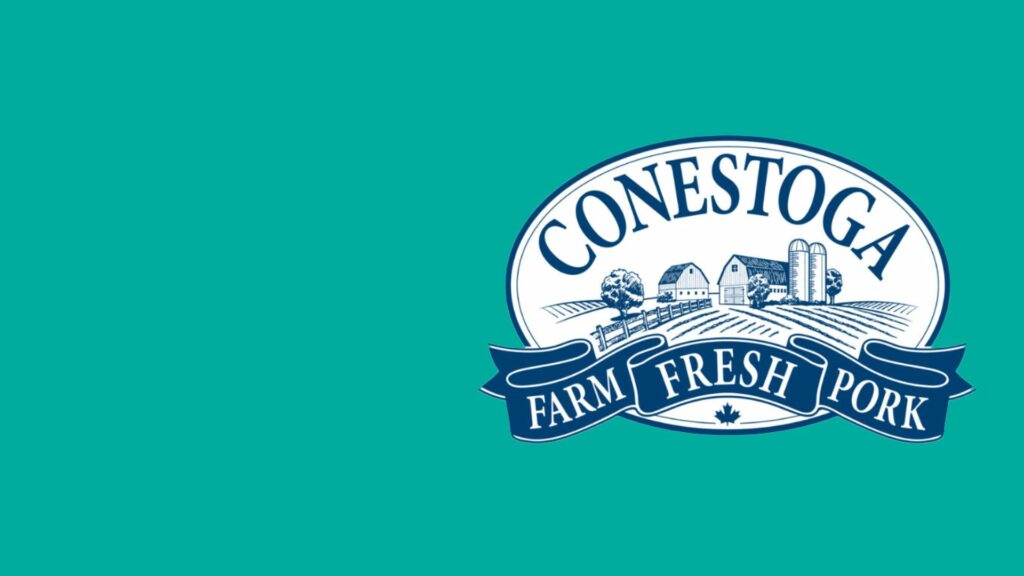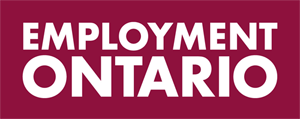Employers across Ontario, including companies in the food and beverage processing sector, need workers.
Many companies are feeling the effects of the COVID-19 pandemic and the “Great Resignation,” making it difficult to recruit new employees.
Their hiring practices may be missing an often-overlooked demographic – People with disabilities.
Unfortunately, this group still faces a lot of barriers and biases when trying to enter the workforce. A lot of harmful myths and biases still exist. This not only hurts jobseekers with disabilities but also employers who are missing out on some potential new team members!
Mathias Castaldo, a youth facilitator on the employment team at Holland Bloorview Kids Rehabilitation Hospital, is passionate about breaking down barriers to employment for people with disabilities and aims to help bust these myths for businesses and organizations.

3 Myths about hiring people with disabilities and why they’re wrong
Myth #1: People with disabilities aren’t capable of working
Castaldo says this is an assumption that, unfortunately, some people still make.
The reality is many people with disabilities are working. According to the 2017 Canadian Survey on Disability Reports, among individuals aged 25 to 64 years, 76% of those with mild disabilities were employed and 31% of those with very severe disabilities were employed. The same report found that another 645,000 Canadians with disabilities could work in an “inclusive labour market without discrimination, with full accessibility and accommodation.”
That’s a large, untapped labour pool that can help employers meet their unique talent needs.
“Unfortunately, there’s still a misconception that individuals with disabilities don’t have the capability of working,” he says. “And unfortunately, there’s still that stigma that’s associated with disability.”
This harmful stereotype can negatively influence an organization’s hiring practices.
“That stereotype is that ‘Whoa, they just might not be able to do it,’ or ‘they can’t keep up with the work pace’, and a whole host of other myths that might influence the decision to hire someone.”
But Castaldo says this mindset is starting to shift. For instance, he cites Troy Kotsur recently becoming the first deaf male actor to win an Oscar. We’re seeing more people with disabilities recognized by the wider culture for their talent and work.
“We are starting to see some positive change, which is good to see,” says Castaldo. “I think that’s kind of a great example of how we’re starting to see some of that change.”
Myth #2: People with disabilities don’t bring value to an organization
Individuals with disabilities are just that: Individuals.
Each person has their own strengths, weaknesses and unique experiences. Still, some hiring managers are under the mistaken assumption that people with disabilities can’t provide value to a business.
Sometimes, when a person with a disability is hired, they are not given anything meaningful or substantial to do, which is harmful to both the individual and the company.
“A manager often just sees the disability and that’s going to influence that organization’s thought process,” says Castaldo.
For example, if an applicant has an intellectual disability, an employer might only be thinking about what possible accommodations they need to make for them, not the fact this applicant has demonstrated experience in following processes or is a phenomenal organizer.
Another example is if the individual uses a wheelchair: An employer may become focused on accessibility challenges in the facility, and not on the fact that this candidate has strong previous industry experience that could be valuable for the company.
Focusing on what a person can’t do instead of also what they can do will not only impact the individual negatively, but it can also impact a business negatively, too.
Myth #3: Accommodating someone with a disability is too expensive and/or time-consuming
Though an individual with an intellectual or physical disability may need some accommodations in the workplace, some may believe that those accommodations are going to be extensive and expensive to the company.
“I think there’s definitely that misconception that a person with a disability is going to need all these sorts of accommodations, and it’s going to cost the organization X amount, and they just can’t do it,” says Castaldo. “But in many cases, these accommodations might not be that expensive and they might be very doable.”
For example, a person with an intellectual disability might simply need clear communication if their daily routine or tasks change. They might have some questions or may want to triple-check that they understand the new instructions to ensure they do a great job.
“The accommodations might also benefit others, like the organization and their employees,” says Castaldo.
An example of this would be an employee who uses a wheelchair and needs to access important files in tall filing cabinets. Reorganizing those files in the lower drawers while keeping less-needed items in the top ones is a simple accommodation that would also make it easier for other employees to find what they need.
And the cost? Zero dollars.
Castaldo says it’s essential to open a dialogue with the employee or potential employee about what accommodations they need, if any.
“It’s important to kind of talk to that potential employee who has a disability, though bear in mind that they might not disclose that they have a disability during the interview,” he says.
“If you have an employee with a disability, have a dialogue with them. Ask them how you can best support them and how the organization can best support them.
It goes back to finding accommodations, finding tools and strategies that will help them be able to do their best work, and overall help benefits the organization.”
Are you an employer who wants to learn more?
Food and Beverage Ontario’s CareersNOW! program has teamed up with the Discover Ability Network to streamline the hiring and retention of qualified individuals with disabilities for Ontario’s food and beverage processing sector.
This new pilot will support up to 8 Ontario businesses in hiring and retaining skilled individuals who are also people with disabilities. This includes a training and retention allowance and unique supports provided by employment service providers such as onsite coaching for new hires, wage subsidies, accommodation supports, and guidance on equity, diversity, and inclusion.






